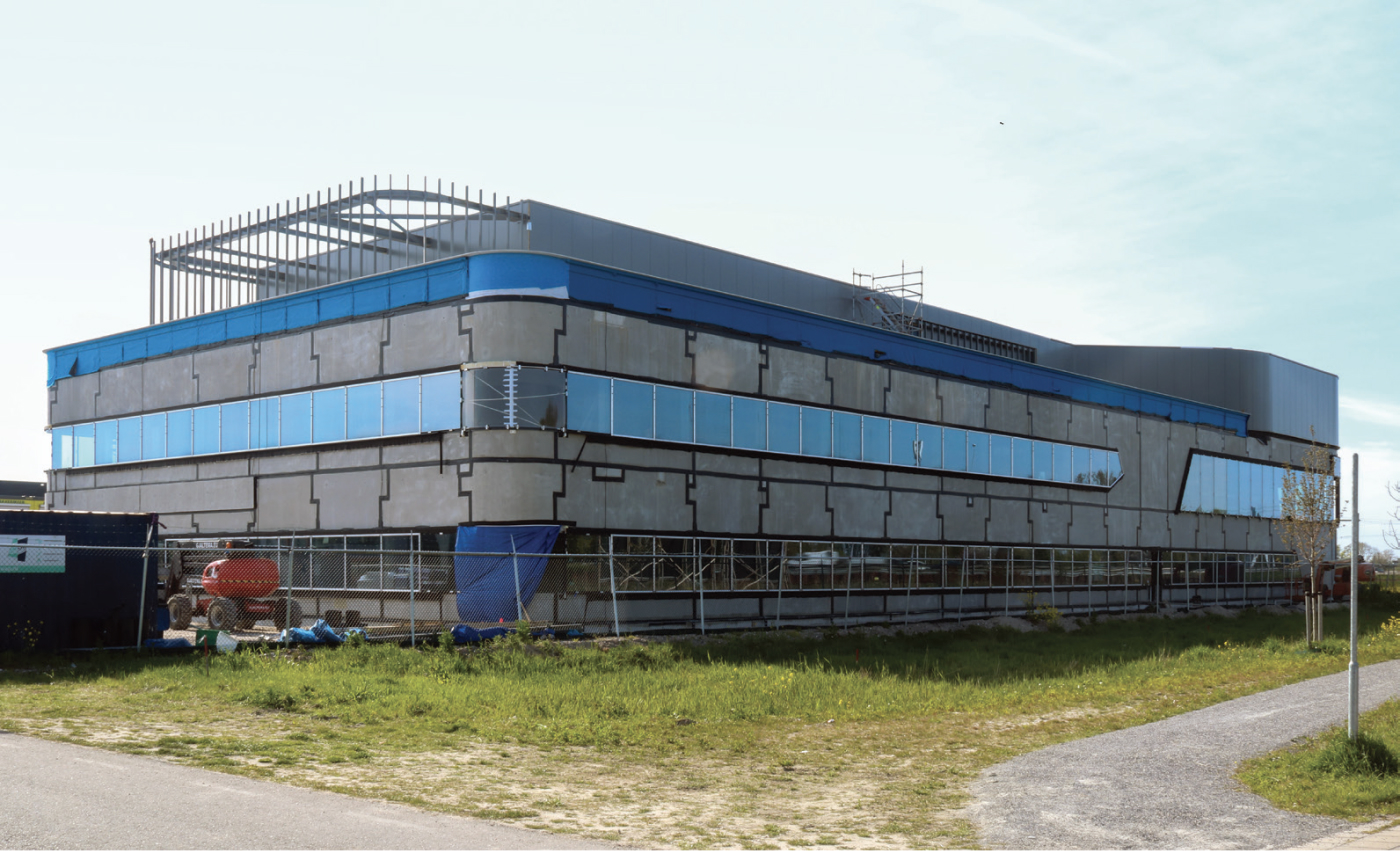25 years of the Chemical Weapons Convention
In 2022, the CWC will celebrate its 25th anniversary since entry into force. During this time, the CWC has successfully guided international efforts to eliminate the development, production, stockpiling, and use of chemical weapons (CW).
Successes
Over the past 25 years, 193 States Parties have signed on to the CWC, with 98 per cent of the world's population living under its protection. Only four states have either not signed or not ratified the Convention: Egypt, the Democratic People's Republic of Korea, South Sudan, and Israel. Ninety-nine per cent of all declared chemical weapons stockpiles have been destroyed and the process verified. It was for these extensive efforts the OPCW was awarded the 2013 Nobel Peace Prize.
The OPCW has undertaken nearly 5,500 facility inspections since entry into force. This ensures that chemicals and facilities have not been diverted into the manufacture of chemical weapons.
The OPCW has also responded to allegations of CW use by conducting investigations. The Investigation and Identification Team (IIT) was established by the OPCW to determine the facts around the alleged use of chemical weapons during the Syrian conflict. The IIT found that it was reasonable to conclude that the Syrian Air Force used CW in Syria on multiple occasions. Following these reports, the Conference of the States Parties condemned this use and suspended many of Syria's rights and privileges under the CWC.
Challenges
Unfortunately the spectre of CW use persists – from the Syrian conflict to Russia's use of novel CW agents as a means of assassination. The CWC has been further challenged by Russia's illegal invasion of Ukraine. We have seen the reckless bombing of chemical facilities and, so far unverified, allegations of CW use. We have also witnessed a long-running Russian disinformation campaign on CW, aimed to sow confusion and undermine trust in the OPCW.
What's Next?
The continued success of the CWC will centre around collective efforts to: prevent the re-emergence of chemical weapons; respond effectively to threats, including chemical terrorism; and strengthening implementation. The first step towards this is to encourage the remaining non-member States to ratify the Convention and to help states meet national CWC obligations. ASNO will continue its efforts to build implementation capacity across the Indo-Pacific region.
Looking ahead, the CWC Fifth Review Conference in May 2023 will provide an important opportunity to set the strategic direction of the OPCW and reinforce the centrality of its verification mandate.

The future OPCW Centre for Chemistry and Technology is under construction. The project seeks to strengthen the OPCW's capabilities to fully address new and emerging chemical weapons threats, as well as to support capacity building in OPCW Member States. Construction of the ChemTech Centre is planned to be finished by the end of 2022. (Image courtesy of OPCW Flickr account)

